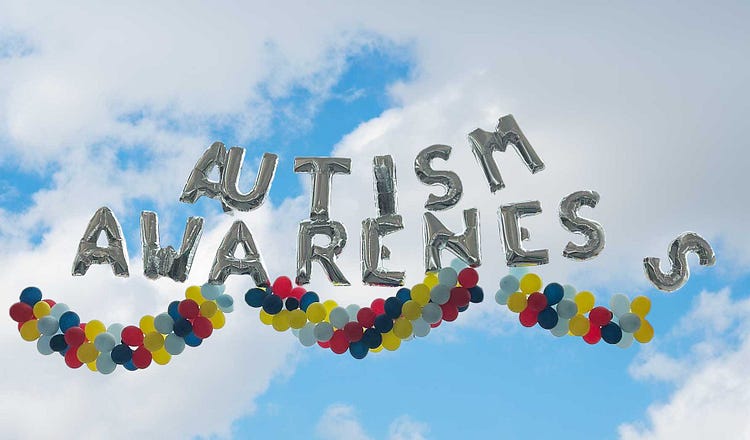What If Raising Awareness Doesn’t Help?

“I was walking up the terminal in Newark airport early in the morning recently when I walked past a gate that had been festooned with Mylar balloons spelling out ‘Autism Awareness.’ ” (Image via X, illustration by The Free Press)
The TikTokers with tics, influencers selling EpiPens, an 8-year-old trying new foods. Awareness has become a kind of currency, but no one knows how to spend it.
564
Mark your calendars, because July is Fibroid Awareness Month. Maybe you already celebrated National Fibroid Awareness Week—yes, there is both a month and a week—which starts in mid-April and, little-known fact, overlaps with National Infertility Awareness Week. In April, we’re also meant to have awareness for foot health, stress, irritable bowel syndrome
Continue Reading The Free Press
To support our journalism, and unlock all of our investigative stories and provocative commentary about the world as it actually is, subscribe below.
$8.33/month
Billed as $100 yearly
$10/month
Billed as $10 monthly
Already have an account?
Sign In

